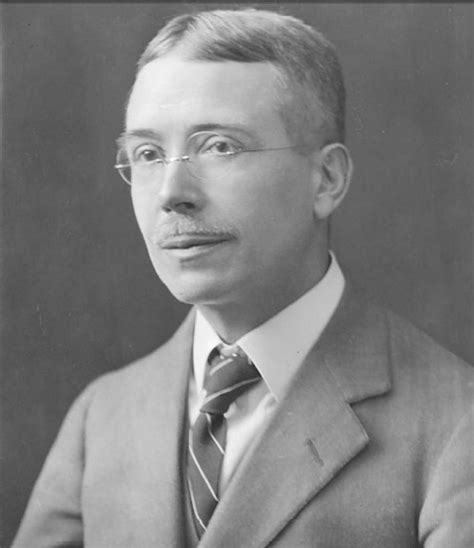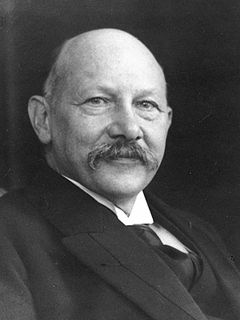A Quote by Paul Dirac
The only object of theoretical physics is to calculate results that can be compared with experiment... it is quite unnecessary that any satisfactory description of the whole course of the phenomena should be given.
Related Quotes
It is natural that a man should consider the work of his hands or his brain to be useful and important. Therefore nobody will object to an ardent experimentalist boasting of his measurements and rather looking down on the 'paper and ink' physics of his theoretical friend, who on his part is proud of his lofty ideas and despises the dirty fingers of the other.
Experiment and Theory in Physics
The late rebellion in Massachusetts has given more alarm than I think it should have done. Calculate that one rebellion in thirteen states in the course of eleven years, is but one for each state in a century and a half. No country should be so long without one. Nor will any degree of power in the hands of government prevent insurrections.
I never have, above my signature, announced anything that I did not prove first. That is the reason why no statement of mine was ever contradicted, and I do not think it will be, because whenever I publish something I go through it first by experiment, then from experiment I calculate, and when I have the theory and practice meet I announce the results.
Even if we ignore the 'non-theoretical' knowledge which we acquire through experience (such as the knowledge of what something tastes like) and concentrate on theoretical knowledge, there is no good reason to think that physics can literally give the theory of everything. Here I want to be really pedantic. Although everything may be subject to physical law, not everything can be explained or described in physical terms. Physics has literally nothing to say about society, morality and the mind, for example - but of course these are parts of 'everything'.
What I remember most clearly was that when I put down a suggestion that seemed to me cogent and reasonable, Einstein did not in the least contest this, but he only said, 'Oh, how ugly.' As soon as an equation seemed to him to be ugly, he really rather lost interest in it and could not understand why somebody else was willing to spend much time on it. He was quite convinced that beauty was a guiding principle in the search for important results in theoretical physics.
It is impossible to discuss realism in logic without drawing in the empirical sciences... A truly realistic mathematics should be conceived, in line with physics, as a branch of the theoretical construction of the one real world and should adopt the same sober and cautious attitude toward hypothetic extensions of its foundation as is exhibited by physics.
The hypotheses which we accept ought to explain phenomena which we have observed. But they ought to do more than this; our hypotheses ought to foretell phenomena which have not yet been observed; ... because if the rule prevails, it includes all cases; and will determine them all, if we can only calculate its real consequences. Hence it will predict the results of new combinations, as well as explain the appearances which have occurred in old ones. And that it does this with certainty and correctness, is one mode in which the hypothesis is to be verified as right and useful.
According to my views, aiming at quantitative investigations, that is at establishing relations between measurements of phenomena, should take first place in the experimental practice of physics. By measurement to knowledge [door meten tot weten] I should like to write as a motto above the entrance to every physics laboratory.
































